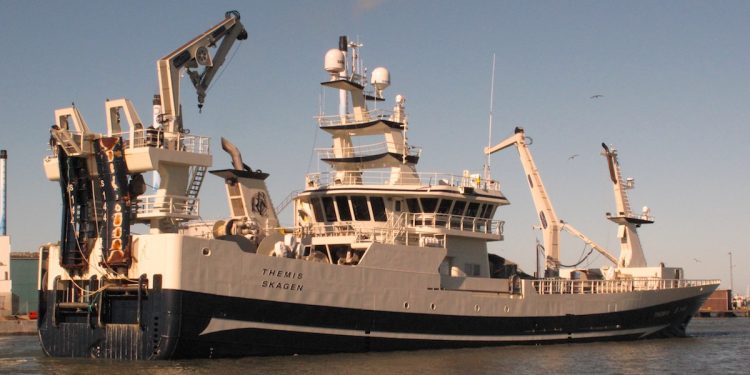The association representing fishmeal and fish oil producers around the North Atlantic has written to the Ministers of Fisheries of all north-east Atlantic nations, urging negotiators to reach agreements on sustainable fisheries.
EUfishmeal has members inside and outside the EU, in Denmark, Faroe Islands, France, Germany, Iceland, Ireland, Norway, Spain and United Kingdom. The industry works through around three million tonnes of raw material annually in the form of fish landed for reduction and as trimmings from other fish processing sectors.

‘In November 2018 we sent a letter urging all coastal-state representatives to consider the implications of a continuous lack of binding agreements on the quota allocations of the shared fish stocks in the North East Atlantic,’ said EUfishmeal’s managing director Anne Mette Bæk, commenting that all members of EUfishmeal aim to have a production based on sustainable exploitation of resources.
‘Consequently the sector seeks to meet the international standards and certifications applying to raw materials, production and traceability,’ she said, pointing out that a direct result of the lack of agreement on long-term management strategies and quota shares is that several north-east Atlantic stocks are now in immediate risk of losing their MSC and IFFO RS certifications.
‘This will have major implications not only for the fishing industry but also for the processing industry and the economic value of the fish resources,’ she said.
‘Our customers are demanding sustainable and certified sourced marine ingredients in order to supply a growing demand for eco-labelled fish products. Thus, our call for binding international agreements in the North East Atlantic has now been echoed by significant feed and food conglomerates, serving to illustrate the importance of sustainability and that, in the end, it is driven by consumer demands,’ Anne Mette Bæk said.
‘EUfishmeal would like to urge all coastal states negotiators to commit to and establish binding fisheries management strategies and to honour sustainable quota shares for the shared stocks in the Northeast Atlantic.’









